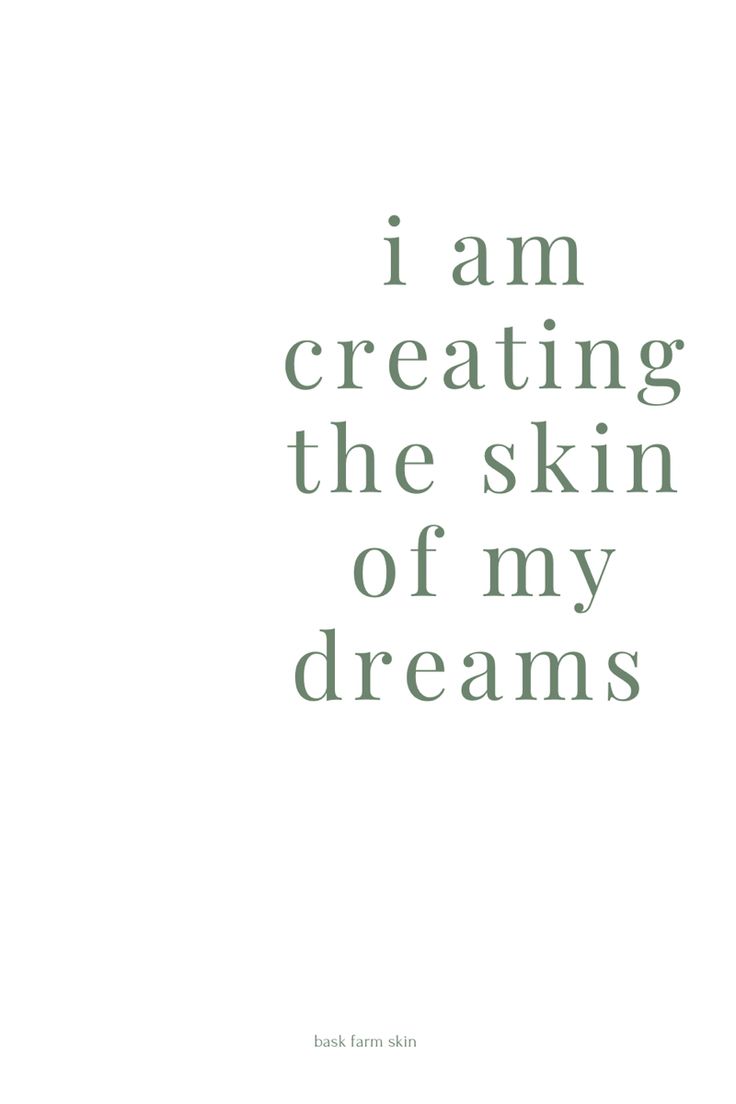My love for skincare was birthed out of necessity. I was a girl with pretty and flawless skin, and then, boom. I woke up one day with itchy and big pimples that decided they’d come to stay permanently without my permission. Some of the difficulties I faced while looking for solutions were identifying my skin type, knowing what ingredients worked for what and how best to pair them.
You’ve probably seen a thousand posts on ‘how to identify your skin type.’ Well, I’m not about to add to it. One common issue I’ve noticed with skincare is a lot of people buy products without adequate information on what the product does to their skin. So consider this your skincare catalogue, where you can find different ingredient types and their meanings.

Hyaluronic Acid
Let’s start with hyaluronic acid. It’s a fantastic hydrator that can hold a lot of moisture. Perfect for dry or dehydrated skin, it keeps your skin plump and smooth, reducing fine lines. Fine lines are the small, shallow lines that appear on the face, typically around the eyes, mouth, and forehead. They are often the early signs of ageing. They can develop due to various factors, including repeated facial expressions, sun exposure and the natural decrease in skin elasticity and moisture as we age.
Salicylic Acid
Next up is salicylic acid. This is a lifesaver for acne-prone skin. It digs deep into your pores to clear excess oil and dead skin cells. It is also ideal for treating blackheads and whiteheads.
Vitamin C
Vitamin C is your go-to for brightening. It helps fade dark spots and evens out your skin tone.
Retinol
Retinol is a superstar for anti-aging. It speeds up cell turnover, smoothens wrinkles, and improves skin texture. It can be a bit strong so it’s best you use it based on professional recommendation.
Niacinamide
Niacinamide, or Vitamin B3, is great for regulating oil production and reducing skin redness. It also helps with inflammation and keeps your skin looking smooth and clear.
Ceramides
Ceramides are all about strengthening your skin barrier. They lock in moisture and protect against environmental stressors. Perfect for dry or sensitive skin.
Alpha Hydroxy Acids (AHAs)
AHAs, like glycolic and lactic acid, exfoliate your skin’s surface. They help with dullness and uneven texture but remember to use sunscreen as they can make your skin more sensitive to the sun.
Peptides
Peptides are the building blocks of proteins in your skin. They help with firmness and elasticity, making your skin look youthful and bouncy.
Tea Tree Oil
Tea tree oil is a natural antibacterial ingredient. It’s great for treating acne but should be used in small amounts to avoid irritation.
Benzoyl Peroxide
Benzoyl peroxide is another powerful acne-fighting ingredient. It kills acne-causing bacteria and helps reduce inflammation. It’s best used as a spot treatment to avoid drying out the skin.
Green Tea Extract
Green tea extract is rich in antioxidants. It helps reduce inflammation and protects your skin from environmental damage. It’s particularly good for calming irritated or sensitive skin.
Kojic Acid
Kojic acid is a natural skin brightener. It helps fade dark spots and hyperpigmentation, giving you a more even complexion over time.
Aloe Vera
Aloe vera is known for its soothing and healing properties. It’s great for calming sunburns, irritation, and inflammation, making it a versatile ingredient in skincare.
Understanding these skincare ingredients can help you choose products that are right for your skin type and concerns. However, to prevent destroying your skin barrier as a result of too much guesswork, I strongly recommend you consult a skin specialist. Taking guesses at products of choice is like self-medication. It can be very dangerous.
See you in my next post,
Love, Tia.

Leave a Reply to Ifeoluwa Ariyibi Cancel reply